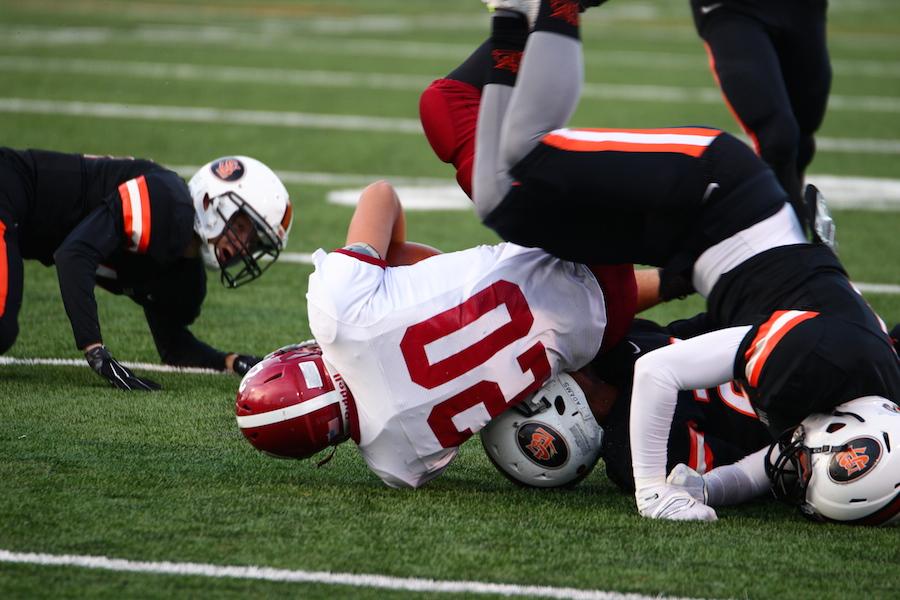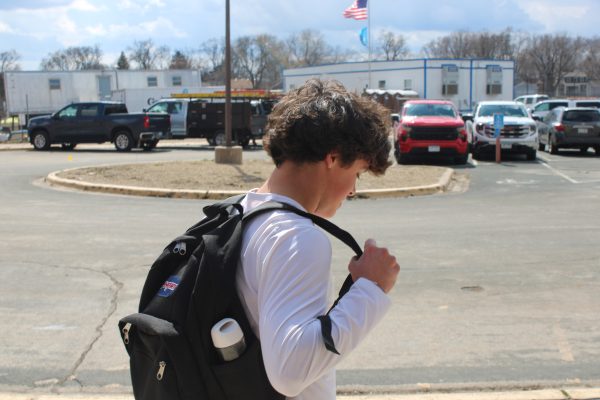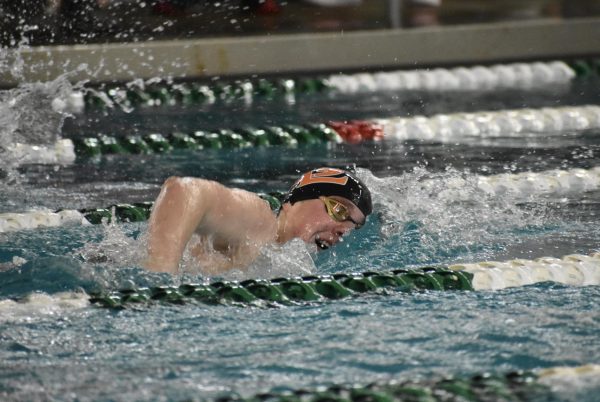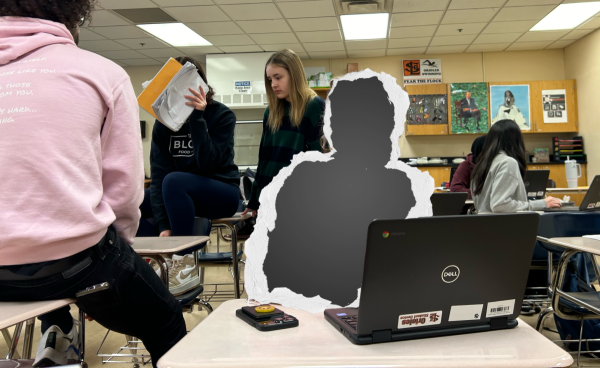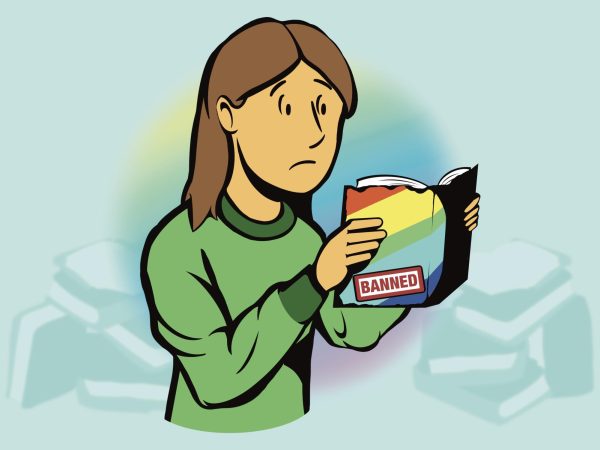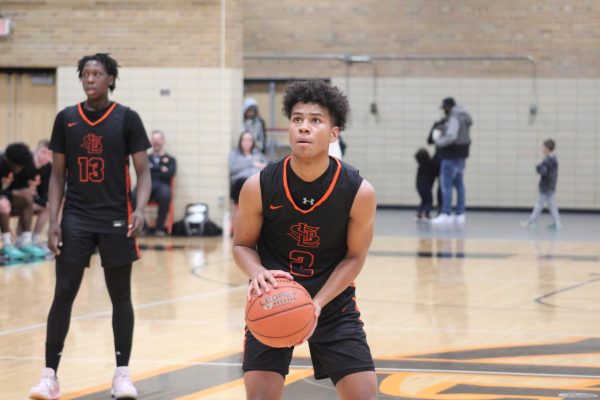Concussions hit athletes hard
Recent study shows head injury rates among students
September 30, 2014
A new study by the Minnesota Department of Health shows that Minnesota student athletes have suffered an estimated 3,000 sports related concussions in the past year.
During the 2013-2014 school year, athletic trainers from 36 Twin Cities public high schools reported 730 sports-related concussions. The results, which are published in Minnesota Medicine’s September issue, estimated that 2,974 concussions, or 22 per school, happened during the past school year in Minnesota public high schools.
Park athletic director Andy Ewald says the new study now sheds light on how much these injuries really happen in sports.
“It’s good to have a general awareness about anything that’s happening with you, and obviously your head is a pretty important part of who you are and it’s not something to play around with,” Ewald said.
Football had the highest percent of traumatic brain injuries (TBIs) with 42 percent of recorded concussions coming from the contact sport. Junior Alex Crary suffered three concussions all from football. According to Crary, the players are not taught proper techniques to avoid head injuries.
“They don’t care about proper contact,” Crary said, “The coaches don’t teach about proper tackling or form, especially at the high school level.”
While football had the highest percent of TBIs, the rate of concussions was the same in boys’ and girls’ hockey; six concussions per 100 athletes.
“When people think concussions, they right away go to thinking football. And it’s obviously as frequently happening in hockey and can happen in any sport.” Ewald said.
Junior Elena Basill suffered three concussions in the past four years from playing hockey.
“My third, and worst, concussion was during hockey season my freshman year,” Basill said. “I just felt very tired, had a lot of headaches and had a hard time concentrating.”
While headaches, trouble concentrating and exhaustion are common side effects of a concussion, symptoms include dizziness, difficulty balancing, memory issues and nausea.
“These things can happen in any sport,” Ewald said, “So the coaches need to be teaching proper technique and safe technique, in any sport that they’re teaching.”



